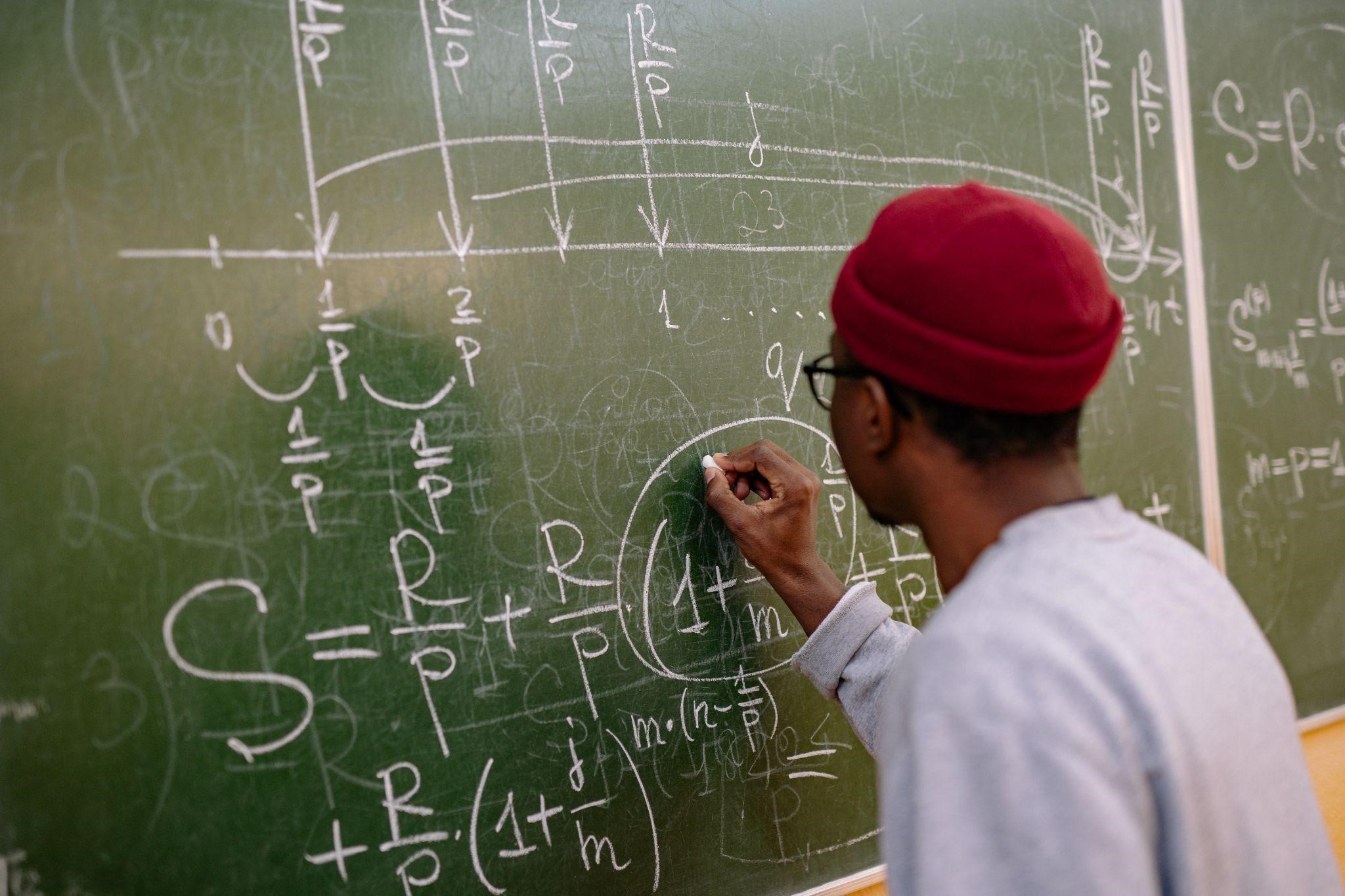Introduction
Our relationship with math starts way before we start learning the basic mathematical concepts and principles in school. Moreover, human engagement in math is a course of everyday life as we pick the line at the groceries store or decide which tray to use according to our perception of the size of a pizza slice. According to studies, even animals use math, fish often join large shoals to increase their chance of avoiding predators.
Nevertheless, we often hear that one’s success in math is the result of hard work and practice so does genetic predisposition play any part in how well we do in math? We went through some research and came up with some intriguing results.

The value of practice in math proficiency
Most people would agree that practice is the key element to enhancing math skills, after all, “practice makes perfect”, right? Although revisiting the same ideas and concepts in our minds helps us memorize those ideas and concepts, this is not a perfect way to advance in math for several reasons. While practicing a certain function over and over again helps us up to a point, it doesn’t allow us to understand the concept as a whole.
Teachers usually introduce math concepts in their simplest forms and this is where repetition won’t allow students to answer a more advanced math question when the time comes. If a teacher would show to their student just one hexagonal shape, the students might get confused when a different form of the hexagon is presented to them. If students keep practicing the same, simplest form of a math concept, they’ll have a hard time dealing with more complex problems based on the same foundations.
In essence, practice is an important part of the math learning process, it helps us build muscle memory and lay down the foundations to build upon later. However, it’s crucial to avoid practicing the same algorithms without adding complexity.
Our innate ability for math
We don’t need to know how to count to know which pile of apples has more apples; this comes naturally to us. Just as we can perceive colors or smells, we have a “sense of numbers”. The notion of “numerical cognition” is a decades-old concept that explains our ability to perceive, understand, and even manipulate numbers. The idea of “Sense of number” became public in 1997, when the French scientist Stanislas Dehaene published his work that explains our native cognition of numbers.
We are also born with the ability to recognize different shapes, magnitudes, and surfaces, watch as a child looks for the best fitting hole to fit an object. The study of the human “sense of number” further shows that we have a natural ability to differentiate the size of objects and surfaces. We don’t have to calculate the surface of two pizza slices to know which one is larger. Doctor Dehaene’s research was not related to humans only, the concept of innate math skills is also true for some animals. Rats have a perception of time, monkeys, fish, and numerous other animals can process diverse numerosities.
However, what professor Dehaene and many other researchers emphasize is the fact that these innate abilities only provide a basis that should be built through learning and practice. Numerical cognition is an important element that helps understanding how to help children born with learning disabilities related to math. Dyscalculia is a disability that influences one’s ability to learn or comprehend arithmetic and it entangles with anything from counting the number of apples in a basket to doing basic calculus. The development of higher math skills depends on our understanding of numbers and magnitude, so people with innate math disabilities struggle to achieve good math scores.
Conclusion
Practice can help us improve our math skills to a certain point. More important than practice itself is the way we practice, the complexity of examples, and their diversity. Spending the entire day repeating the same algorithm often does more harm than good. Our DNA has a strong influence on our math proficiency options but it’s not crucial. If one’s father or grandfather was good at math it doesn’t mean this feature will transfer genetically, but it provides a sort of foundation to build upon.
Author bio:
Kathy Mercado is a freelance content writer engaged with numerous publishers. Her work is based on deep research and authentic resources. As a writer, Kathy aims to deliver actionable pieces of advice and informative content that engages the audience.

